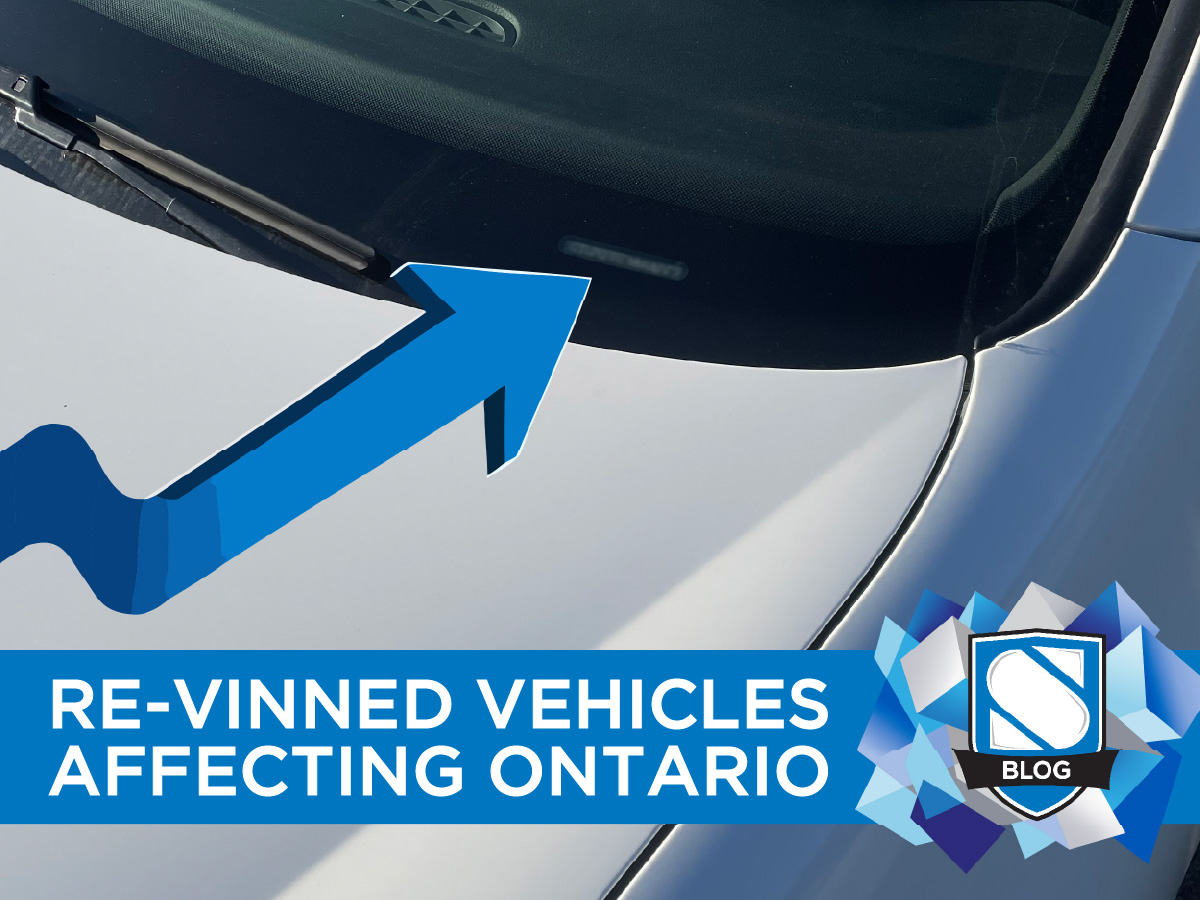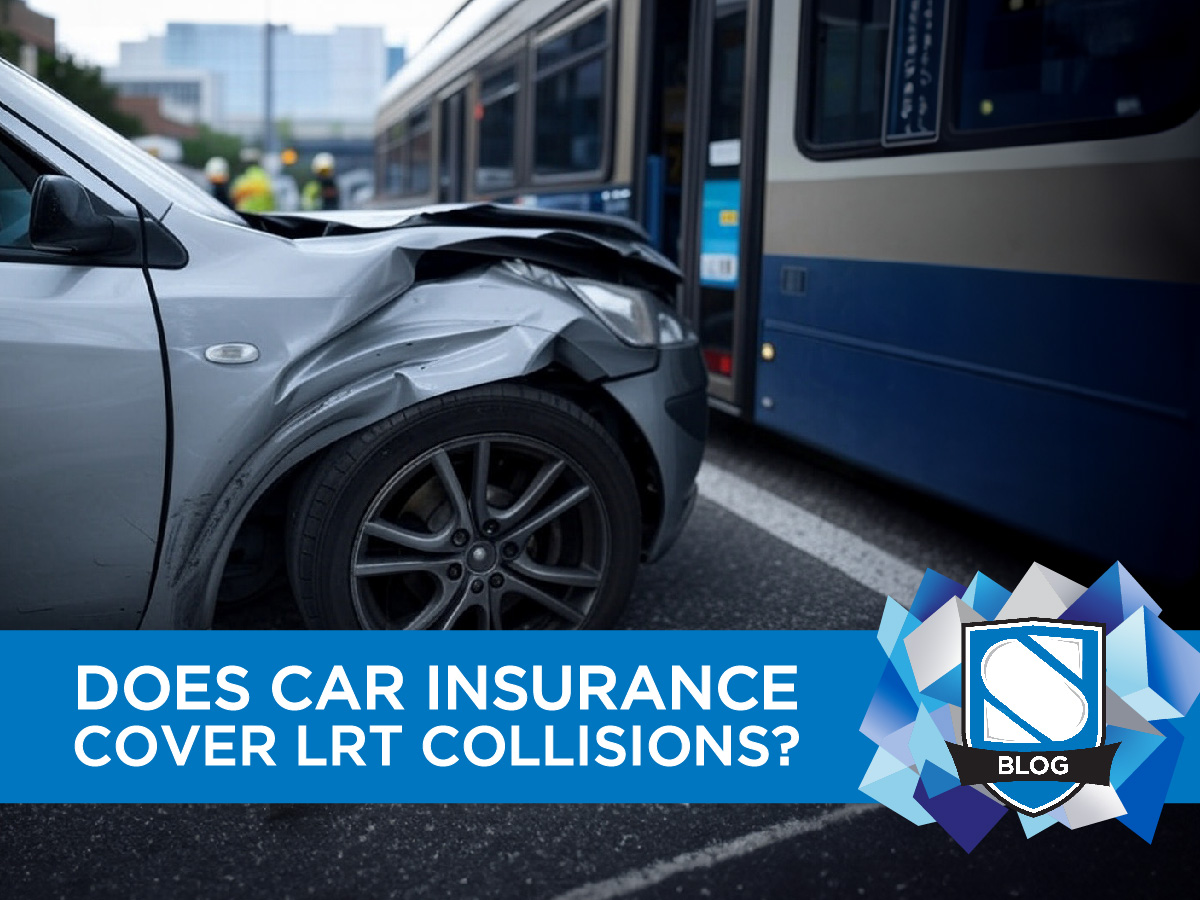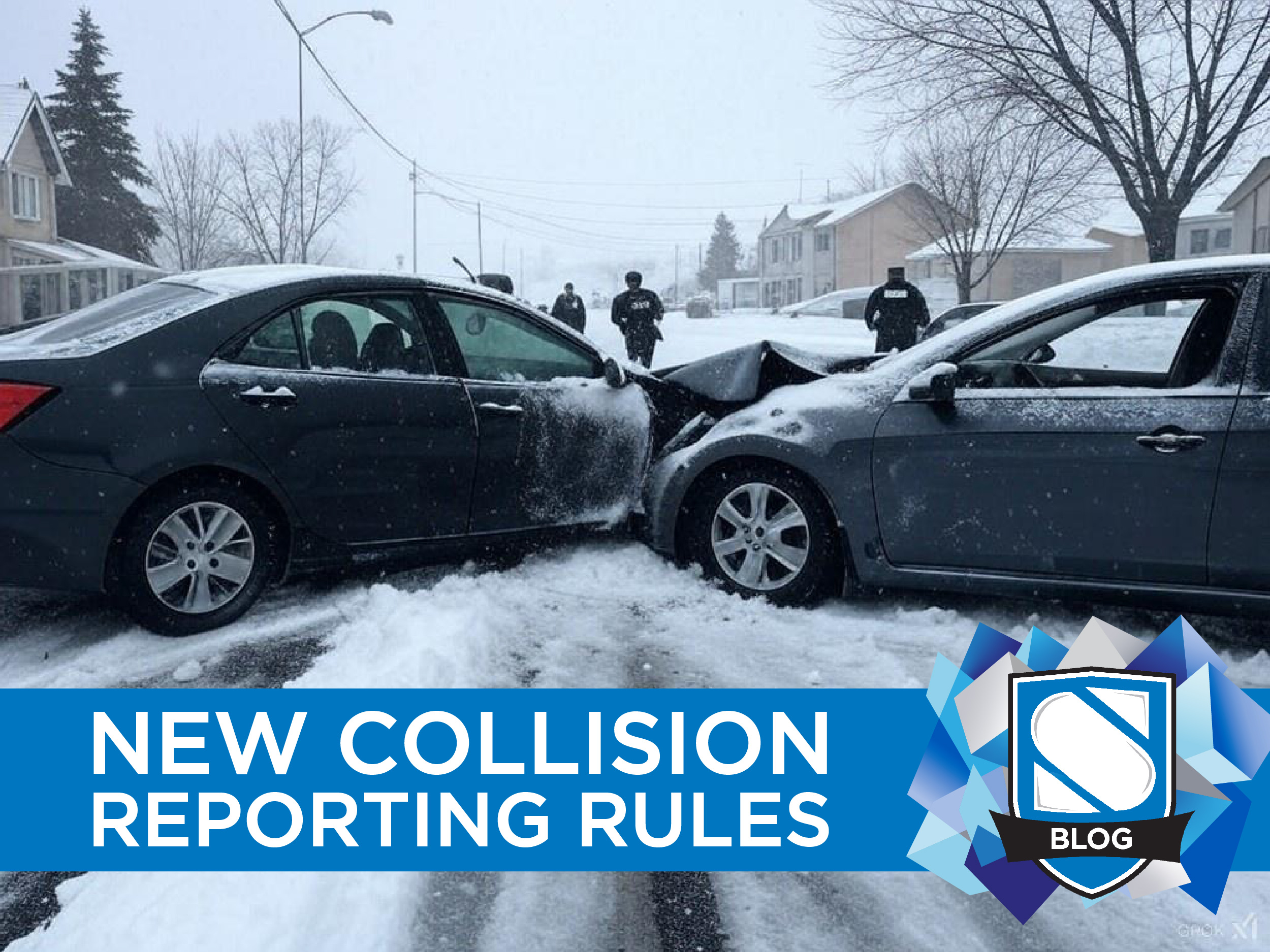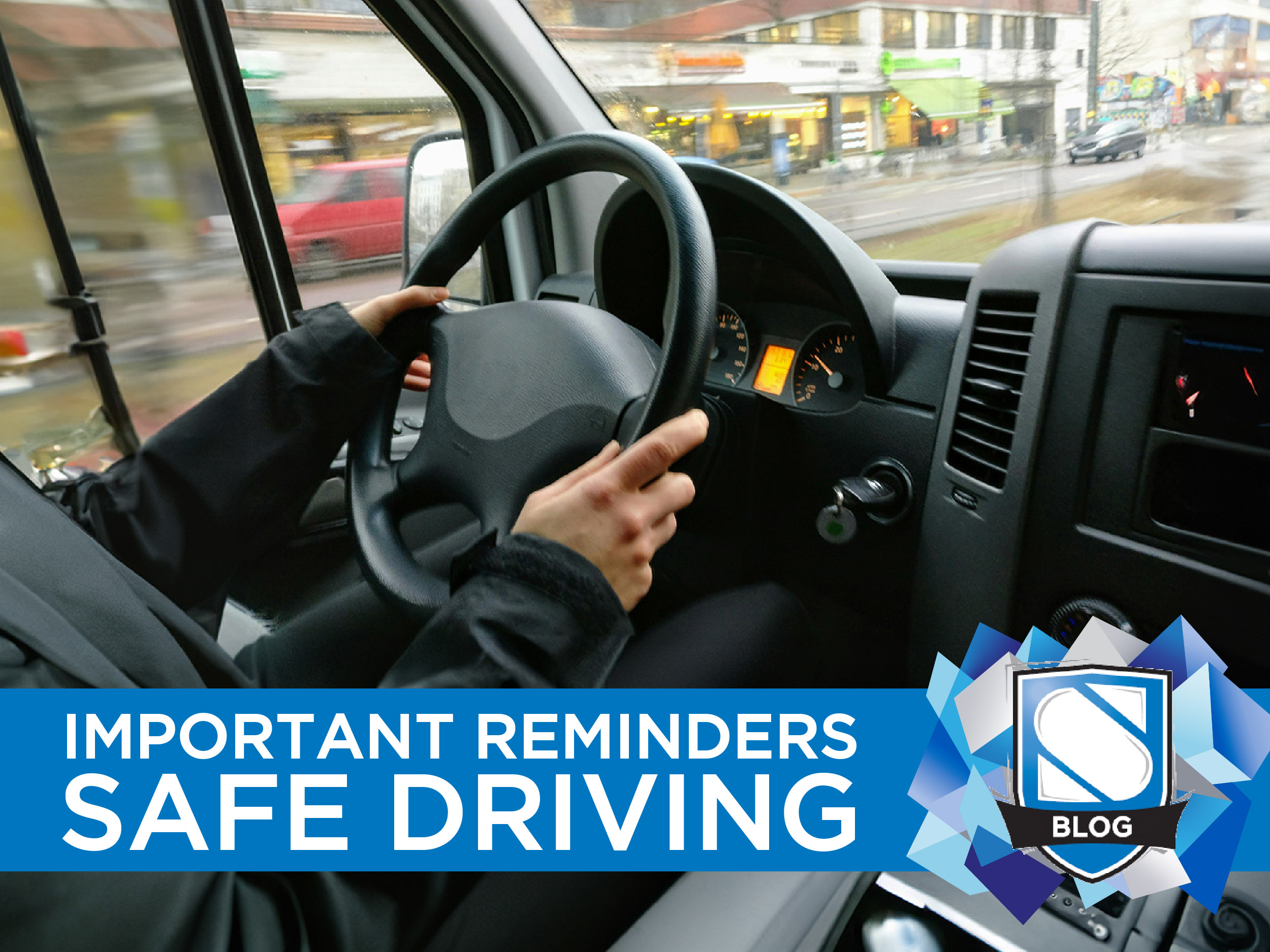If it’s a licensed vehicle, it needs to have Auto insurance before taking it out on to the road, right? Ontario’s Compulsory Automobile Insurance Act requires that all motor vehicles be insured under a policy of insurance when operated on public roads. The Highway Traffic Act considers “any other vehicle propelled or driven otherwise than by muscular power” as a motor vehicle.
The Insurance Act looks at it a little differently. We appreciate that all those typical automobiles; cars, pick-ups, SUVs, trailers, trucks, RVs, vans, etc., that we’ve seen on the roads for decades can be appropriately ‘covered’ under the standard Ontario Automobile Policy.
But an Ontario arbitrator found that someone driving a golf cart on the road – illegally – fit the definition, and was therefore recognized as vehicle for insurance purposes, triggering the Statutory Accident Benefits under an Automobile Insurance policy. A similar finding in Manitoba resulted in the person injured in the golf cart being entitled to no-fault benefits.
This makes interpretation confusing. In one case, a court judge ruled that a go-kart operated on a private track was an automobile for insurance purposes. That ruling was later overturned, but it does illustrate how things are changing. Definitions in automobile policies are not strict and facts can be manipulated to suit an outcome. In B.C., licensing and insurance are required on golf carts in some situations including where they may be used around or on public highways /roads. In B.C. the public parking lots of golf courses were classified as highways, until revised last spring.
To make things more confusing, the definitions in different legislation are changing. A bicycle is now recognized as a “vehicle” under the Ontario Highway Traffic Act with respect to following the same ‘rules of the road’ as other vehicles. Enter the e-bikes. These are not required to be licensed, but are clearly picked up by the Highway Traffic Act. Again, the Automobile Insurance Act defines these differently. And when driverless-cars become popular; and they’ve already been tested and approved in California, we will have another set of issues.
From an insurance perspective, we need to recommend coverage for all your different ‘vehicles’. Talk to your broker about it.














0 Comments